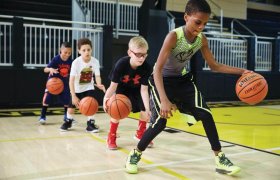Teaching Important Social Skills to Your Kid
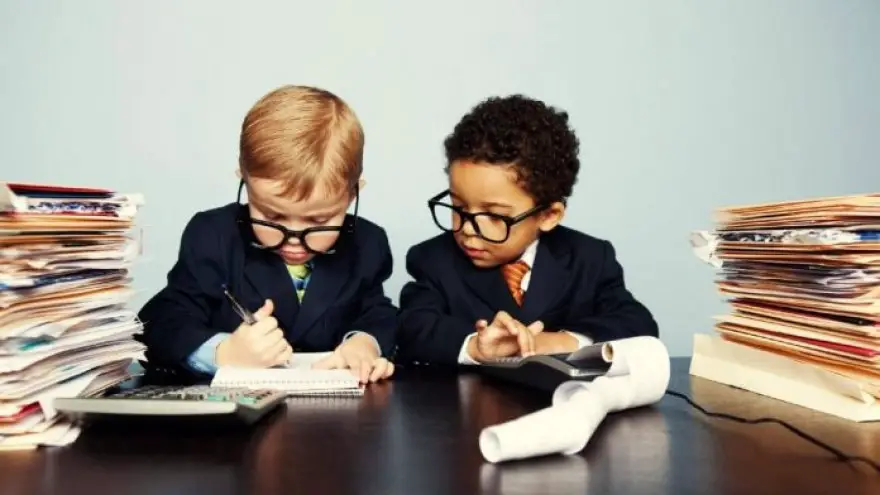
Children may need help developing their social skills in much the same way as they need help developing anything else as they grow. While some kids might be able to interact with friends and peers effortlessly, others may need a little more assistance navigating the nuances of social life. A child that lacks proper social development can suffer from issues like anxiety, shyness, feeling either left out or un-liked by their peers, or may even end up being the mean kid or class bully.
These types of things can affect how your child may feel about themselves and the people that they interact with. This doesn’t mean that your kid needs to constantly be the center of attention or the most popular one at school, but they should be able to comfortably express themselves in various social settings and play or interact with others appropriately.
As parents, we always want our children to be happy and healthy in all facets of life, but often dedicate very little time or effort in working with them on how they interact with others. The good news is that there are a number of ways that you can help your child cultivate proper social skills that go beyond just having good manners, and ensure that they grow up to have confidence in themselves while interacting and engaging with other people.
Play Dates
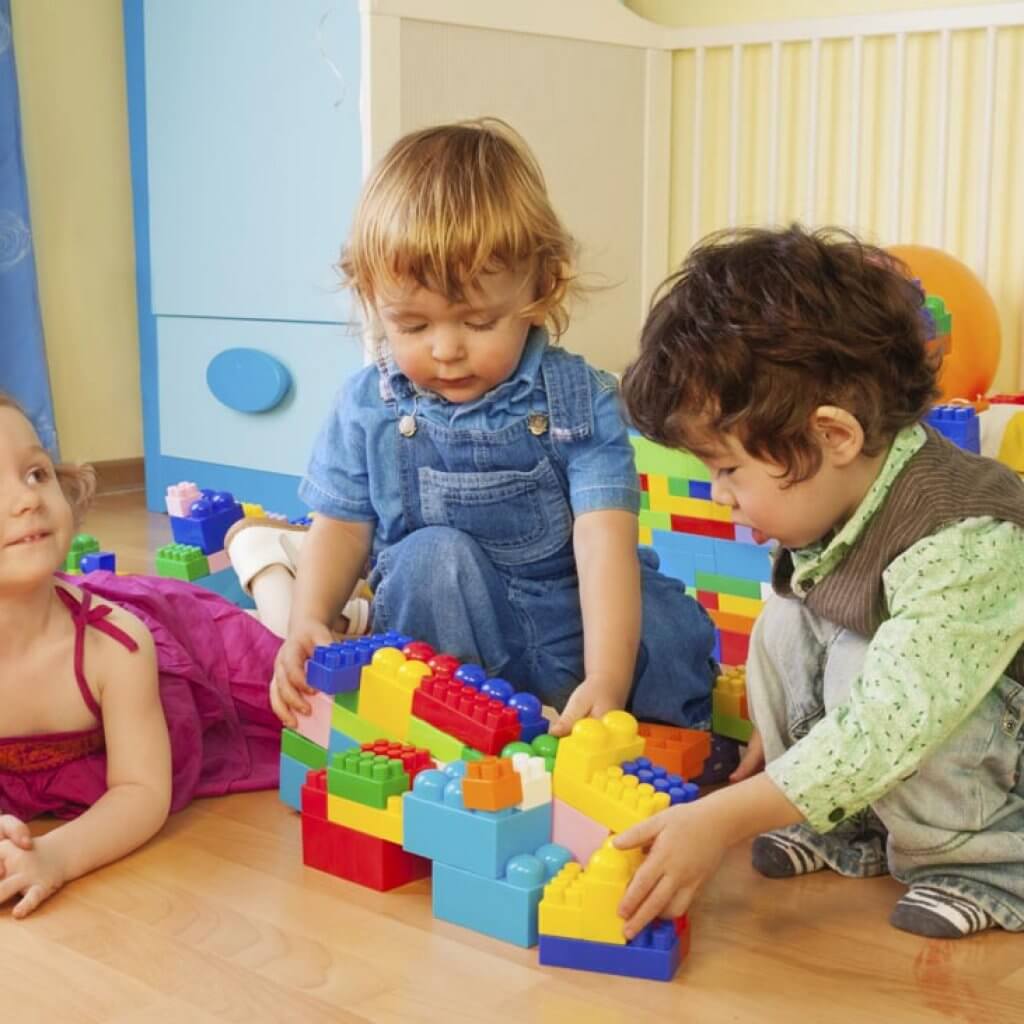
There’s a number of reasons that play dates are one of the best ways to help your toddler develop their social skills at an early stage of life. They allow your child to practice a wide variety of interpersonal skills in a controlled or familiar setting, and with kids of their own age.
Sharing, taking conversational turns, respecting personal space, and other important social cues can be observed and addressed at these fun gatherings. Try and structure a play date to have several activities for the children to do, like games or crafts that are age appropriate. That way the children will have plenty of opportunities to practice things like taking turns and sharing.
You should expect some conflicts to arise while your child is learning these skills, but don’t feel that you need to rush in the moment you spot a bit of friction. Stand back and watch how the children either resolve, or try to resolve, the issue themselves. By observing how your toddler interacts with others you will get an idea of which aspects of socialization could need addressed further.
After the play date, sit your child down and discuss how it went. You can point out the things that you observed that were indicative of good social behavior, like the sharing of a favorite toy or taking turns, and you can also ask them how they felt when they experienced some conflict or disagreement. Did the other child not want to share a toy or end their turn? Talk with him or her about how that made them feel, and help them put their emotions into words so that they understand the connection between actions and feelings.
Teach Empathy

A hallmark of social interaction for people of any age is the ability to show empathy towards others. Understanding and being sensitive to the thoughts and feelings of others is the root of forming lasting friendships and close bonds. No parent wants their child to be known as a bully or mean kid, but if you leave empathetic development up to a toddler to learn on their own the chances increase that your child may not be the kindest person in class. You can start by showing empathy to your child when they are expressing their own emotions.
For instance, say that you’re trying to get your child into bed on time for school the next day but they refuse to turn the light out because they are afraid of the dark. Often times we may find ourselves in a rush and so we may simply indulge them by looking under the bed or in the closet before switching on a lamp or nightlight. Instead, take that opportunity to express empathy for their feelings. Let them know that you understand why they could be afraid of the dark and explain that its normal and perfectly natural to be afraid, but they don’t need to. The truth is our children need to feel empathy from us in order to understand why it’s important to have it towards others.
Additionally, by addressing nonverbal ques you can also help your child to understand how people may be feeling when they are interacting with them. Downward stares, crossed arms, or slumped posture all give clues as to how a person may be feeling.
Try showing them pictures of different people in magazines or turn the volume off the television and ask them what they think the person might be feeling at the time and why they think that. You can even make fun games of learning how to be aware of people’s feelings based on how they act or their posture by sitting and watching people pass by on the street and taking turns guessing what a person may be feeling and what clues made you think that way.
Use Your Child’s Interests
When it comes to getting your child to come out of their social shell you may find it difficult to simultaneously introduce them to new things. By picking activities that your child already has an interest in you are more likely to see them wanting to make new or closer friendships.
If your child has an interest in sports, sign them up for a local youth sports team. That way you can even invite other kids from the team over for play dates knowing that there is some common ground between the two children. If your child does not play team sports that’s okay. Simply find activities that they do enjoy and invite other kids to come along. If they like animals, ask if they would like to bring a friend to the zoo who also likes animals.
Set a Good Example
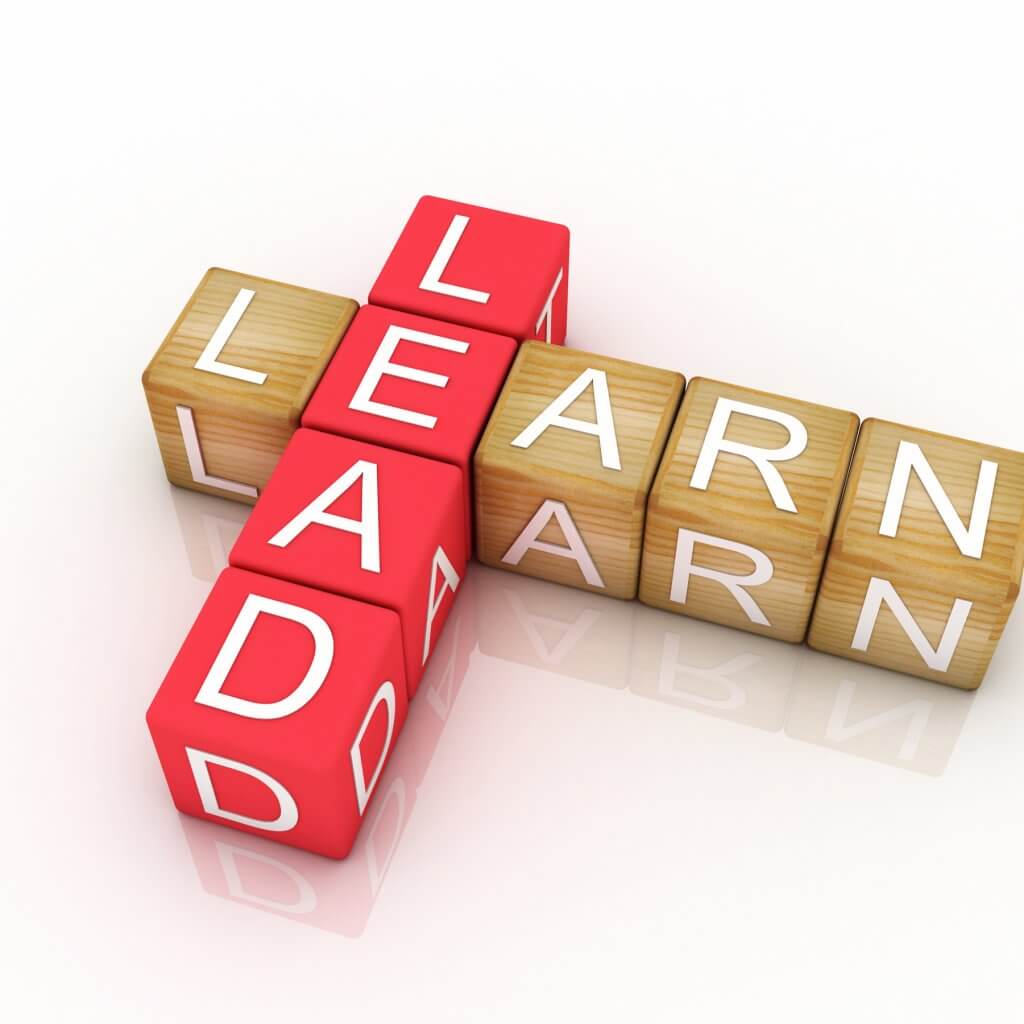
Parents are the most influential people when it comes to a child’s development, and social skills are no exception. They observe our every move and mimic our behavior, both good and bad. A great way to improve your child’s social skills is by simply modeling good social behavior for them.
Making eye contact, taking turns when speaking, displaying appropriate emotion, body language, and other important aspects of how to engage with other people are things that you can show your child through example.
As grown-ups we’re often tempted to exclude our children when we interact with other adults, less they interrupt or distract our conversations. Instead, try keeping your child with you while you talk with other people and then afterwards you can discuss with them what things they noticed about the conversation.
Teach Personal Space
While in most cases maintaining personal space is an intuitive process even for children, some may have a harder time grasping it than others. 18” – 24” is the general guideline for how close to stand to another person when talking with them in normal circumstances. Any further away could come across as disinterested and any closer may feel like their personal space is being invaded.
Try having mock conversations with your child at different distances and then discuss with them how the distance made them feel. Did they feel threatened when you were to close? Did they feel like you were not engaged by the conversation when you were too far away? By helping them express their own feelings they will be able to better understand how their own actions could make others feel.
Teach How to Have a Conversation
Most young children are excellent talkers; sometimes it seems that it’s all they want to do. But having a real conversation is a little different than just engaging in unsolicited chit-chat. One important aspect to engaging in good conversation is knowing how to take turns when talking.
Kids often say what’s on their mind the moment it pops up. Teach your child to wait their turn when talking. You can practice while the family is eating dinner by going around the table and each person taking a turn to talk about their day.
Teach How to Express Feelings
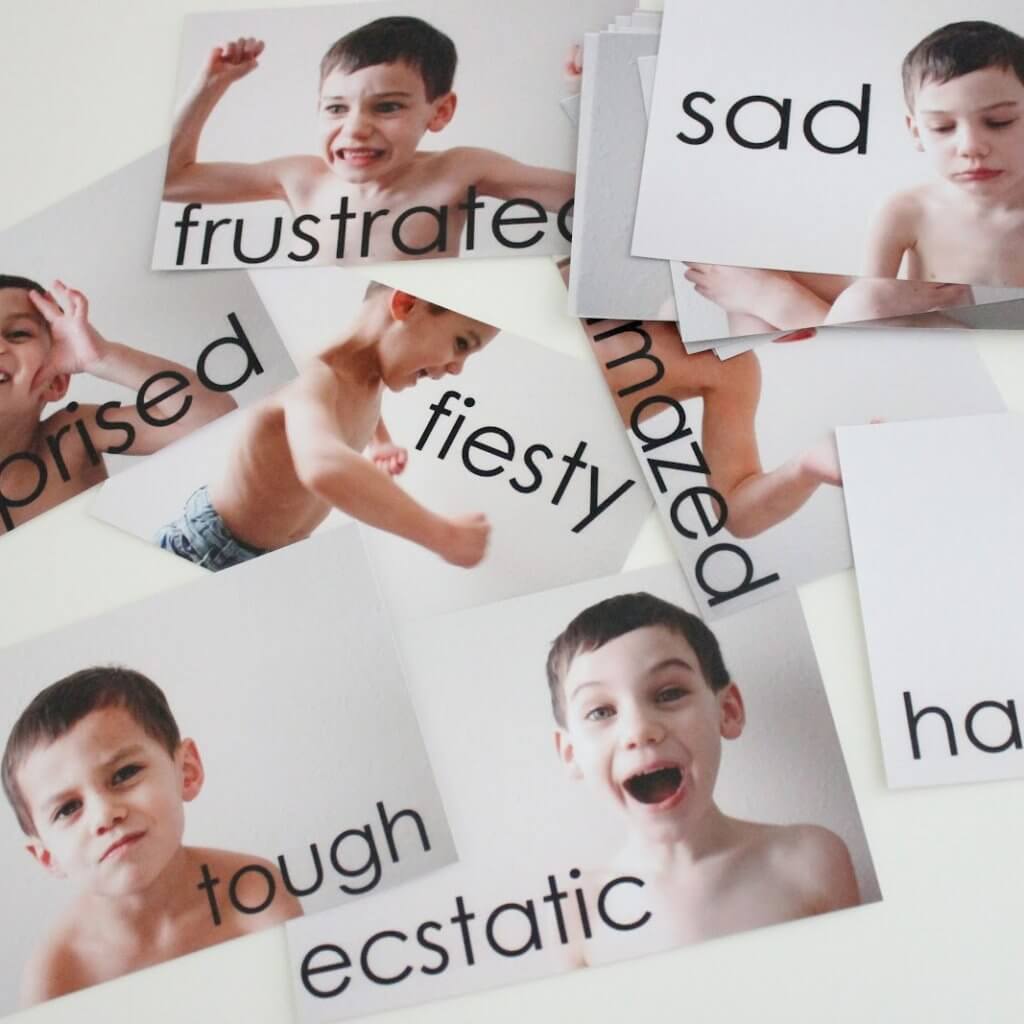
By helping your child understand their emotions and feelings you can help them to properly develop socially. One of the best ways to do this is by labeling their emotions. This will help them self-analyze their feeling’s so that they can better express them with words. I remember my youngest son coming home from school saying that he “hated” another little boy that he was normally friendly with. When I asked him why he explained that the other boy played with a different classmate during PE that day.
It was an excellent time to help my son understand that “hate” wasn’t what he was feeling, but rather he was “hurt” that his friend didn’t play with him. These types of lessons are a good way to help children understand and express their own feelings to the people that they engage with.
Work on Eye Contact
Maintaining eye contact is important for displaying the proper body language when communicating. It shows that you’re interested in what the other person is saying and that they have your attention. Children often times have difficulty making and maintaining eye contact, especially with people they don’t know. This can create a barrier in their making of new friends.
You can practice reinforcing proper eye contact at home by ensuring that while you are talking with your child you are looking them in the eyes and expect the same from them, especially when expressing feelings or wanting something from you. After a while it will feel more comfortable for them and they will do it naturally with anyone that they meet.
Support Their Friendships
Making and keeping friends can be difficult for children of all ages. When interests often change with new experiences, or personalities develop in different directions, you may be surprised with whom your child creates a friendship. It’s important for parents to be supportive of these friendships in order to help their child create meaningful bonds.
Arrange opportunities for your child to play with their friends outside of normal circumstances like school or sports. It can be important that your child experiences a social life outside of normal day-to-day environments. You can help them by hosting friends over to your house or planning fun events and trips that they would enjoy. Always praise your child when they display qualities that a good friend has, such as sharing, taking turns, helping, and listening.
Team Sports
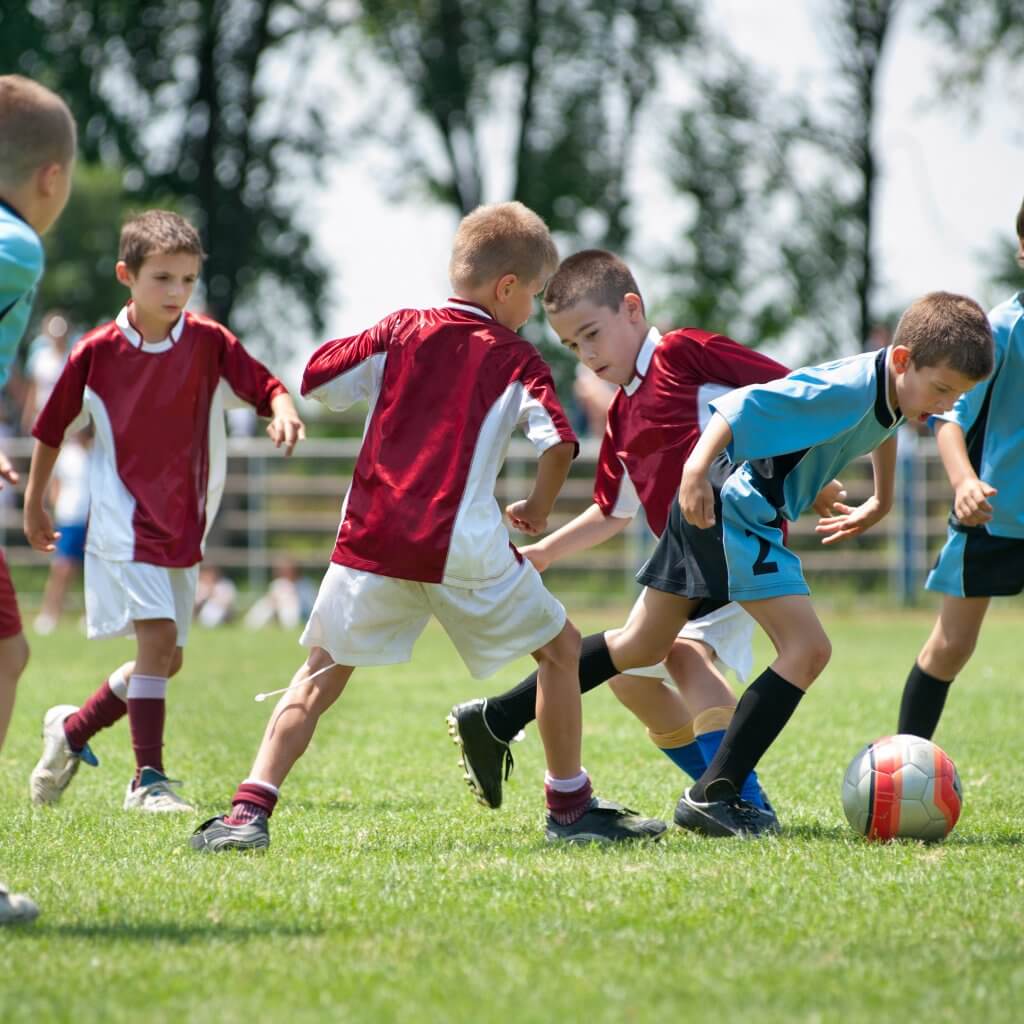
Sports has been a long-trusted forum for helping children learn valuable life skills that they can apply both on and off the field. Team sports such as basketball, soccer, baseball, and football are great places for your child to develop their social skills in a challenging and fun setting. More than just playing with kids of their own age and like interests, these sports require good communication and teamwork as well.
The ability to put one’s personal desires or ambitions aside for the greater good of the collective group is a life skill that your child will take with them into adulthood. I don’t know if I’ve ever been to a job interview where I wasn’t asked if I was a good “team player”. My new boss wasn’t wondering if I could throw a football, of course, they wanted to know if I could operate as a productive member of a team that is working towards a common goal.
Additionally, team sports offer an excellent opportunity for your child to develop self-confidence, another important role in social development. When your child is confident in their abilities, they are more prone to engage with other kids socially.
Some social skills are going to come more easily than others to your child. Always use positive reinforcement when you see them interacting with others in appropriate ways. Rather than scold or lecture bad behavior, talk with them about how it made them feel or how they made the other person feel. They’re not always going to get it right; even adults don’t. Over time however, your child is going to feel more comfortable around other kids in a variety of social settings.





